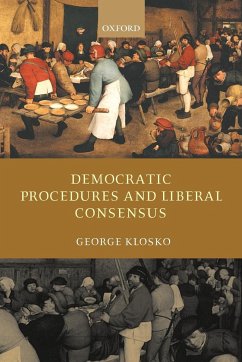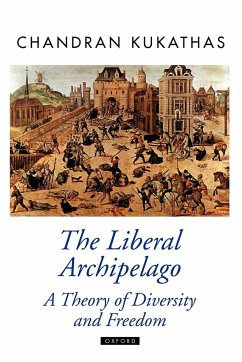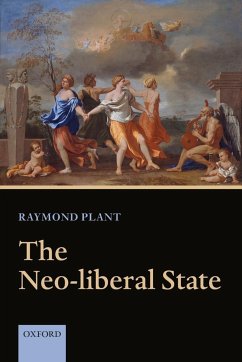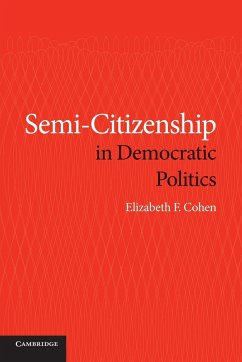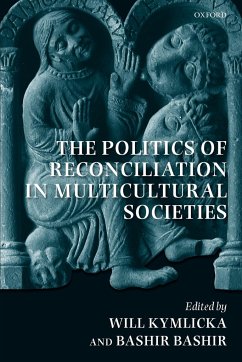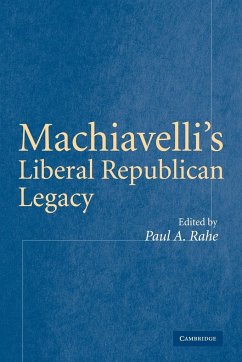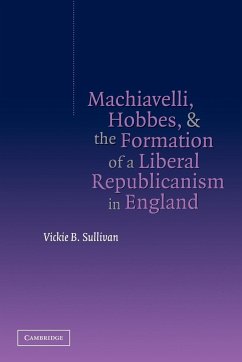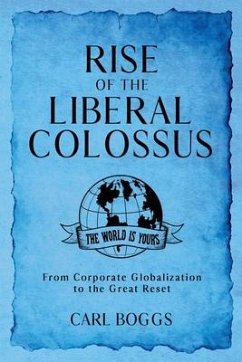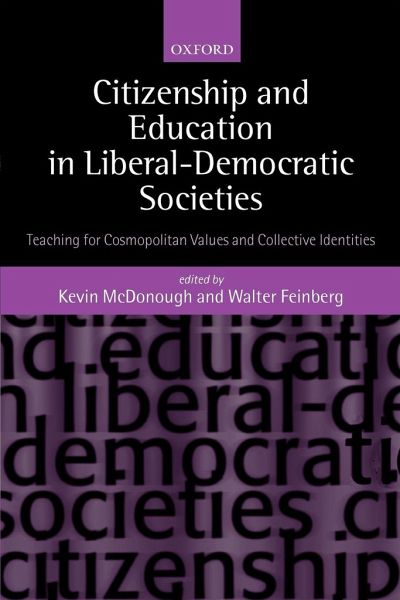
Citizenship and Education in Liberal-Democratic Societies
Teaching for Cosmopolitan Values and Collective Identities
Herausgeber: McDonough, Kevin; Feinberg, Walter
Versandkostenfrei!
Versandfertig in 1-2 Wochen
64,99 €
inkl. MwSt.

PAYBACK Punkte
32 °P sammeln!
The essays in this volume address the educational issues which arise when national, sub-national, and supra-national identities compete. How can we determine the limits of parental educational rights when the concern of liberalism to protect and promote children's autonomy conflicts with the desire to maintain communal integrity? Given the advances made by the forces of globalization, can the liberal-democratic state morally justify its traditional purpose of forging a cohesive national identity? Or has increasing globalization rendered this educational aim obsolete and morally corrupt? Should...
The essays in this volume address the educational issues which arise when national, sub-national, and supra-national identities compete. How can we determine the limits of parental educational rights when the concern of liberalism to protect and promote children's autonomy conflicts with the desire to maintain communal integrity? Given the advances made by the forces of globalization, can the liberal-democratic state morally justify its traditional purpose of forging a cohesive national identity? Or has increasing globalization rendered this educational aim obsolete and morally corrupt? Should liberal education instead seek to foster a sense of global citizenship, even if doing so would suppress patriotic identification? In addressing these and many other questions, the volume examines the theoretical and practical issues at stake between nationalists, multiculturalists, and cosmopolitans in the field of education. The fifteen essays, plus an introductory essay by the editors, provide a genuine, productive dialogue between political and legal philosophers and educational theorists.



